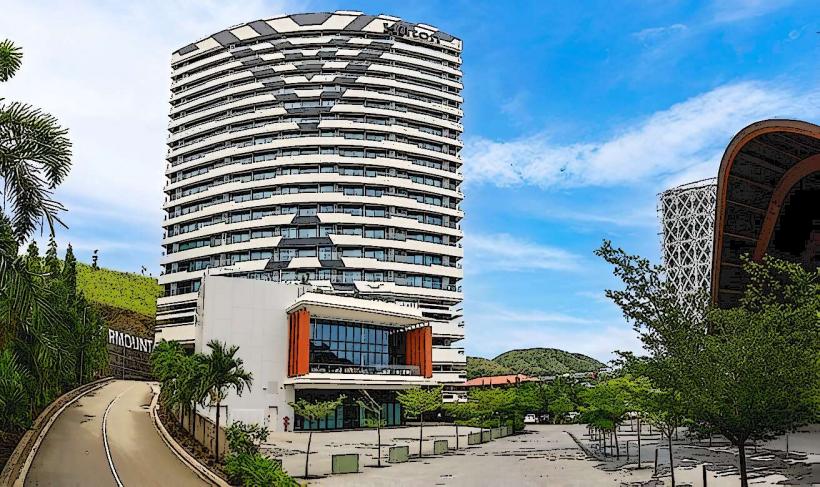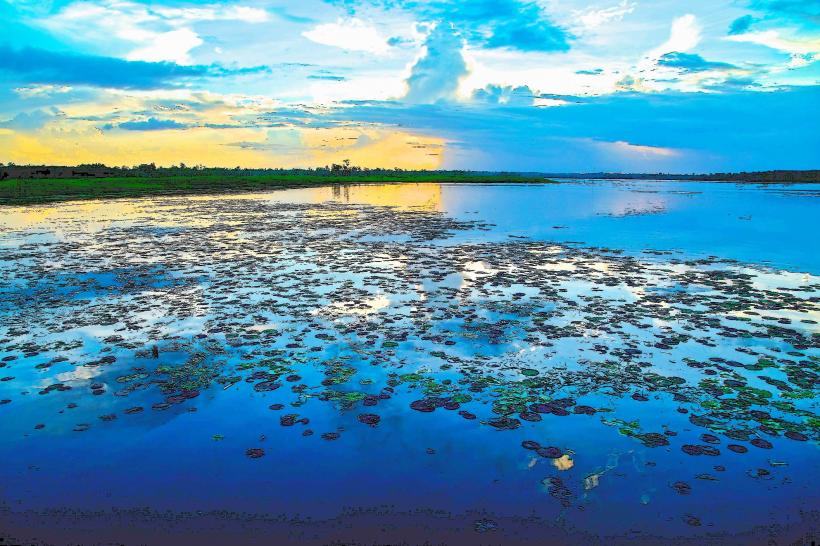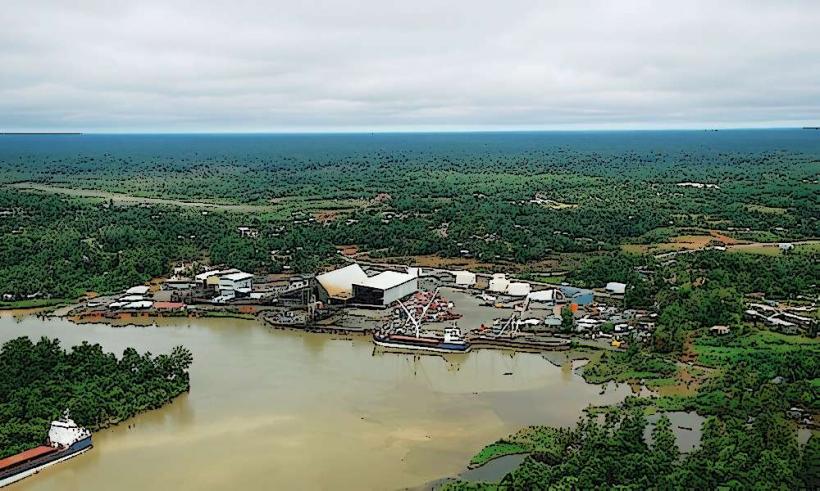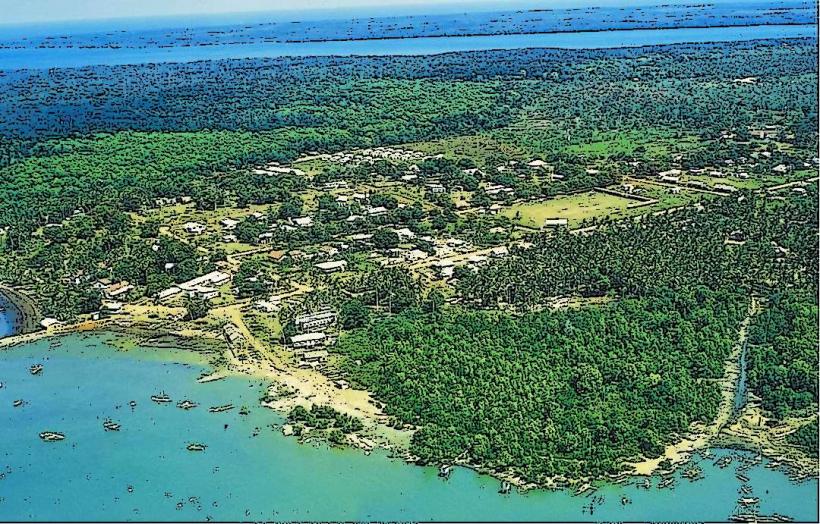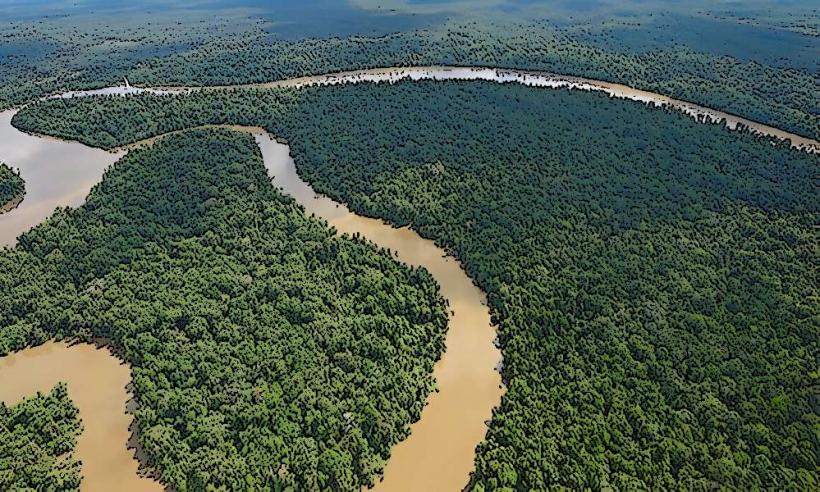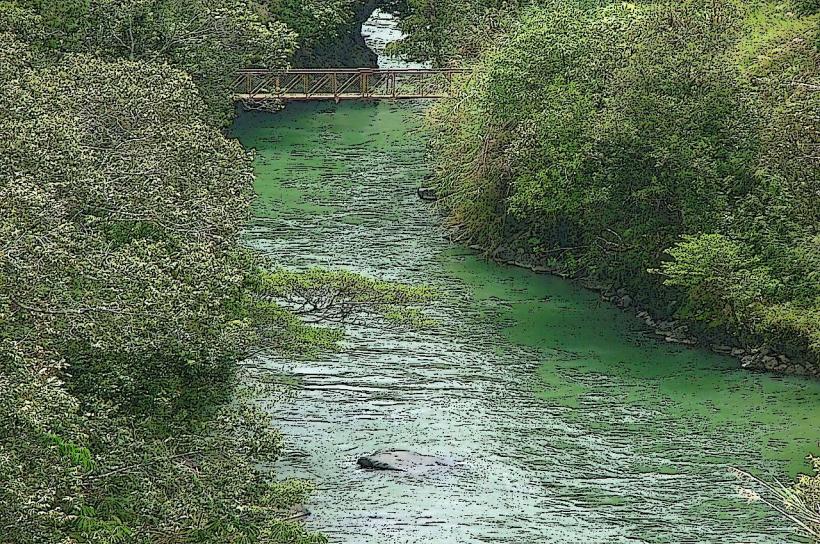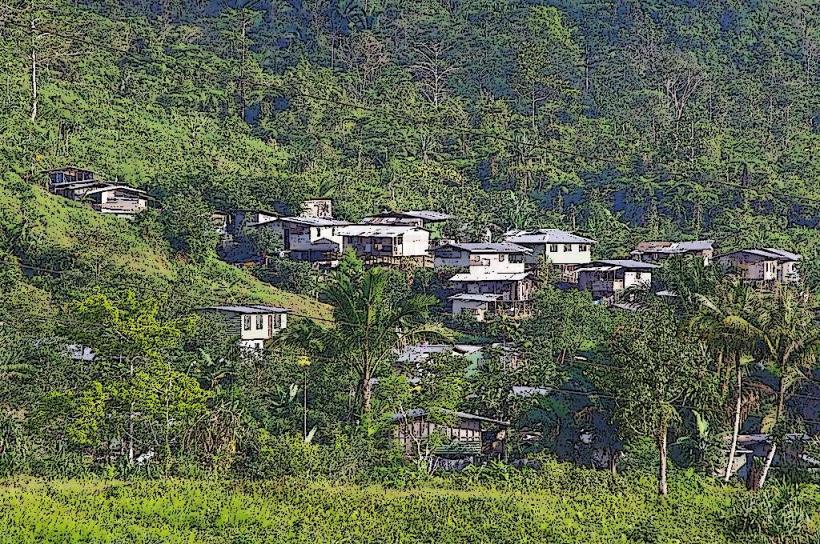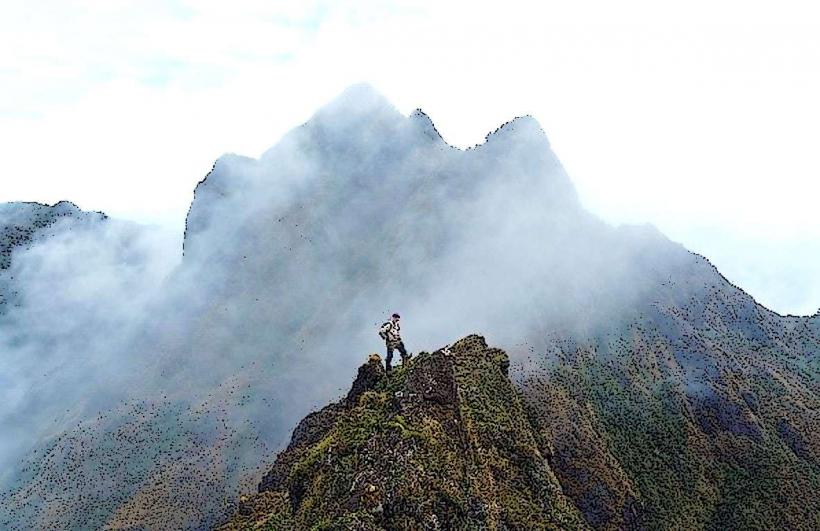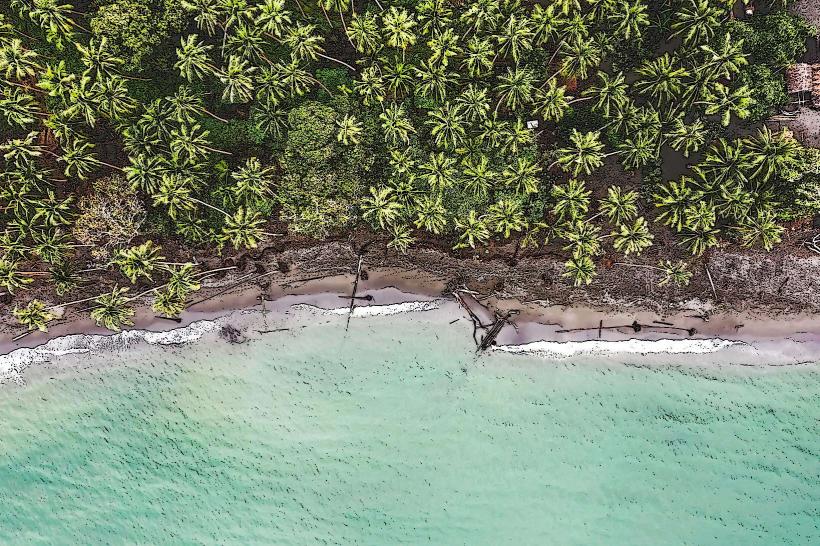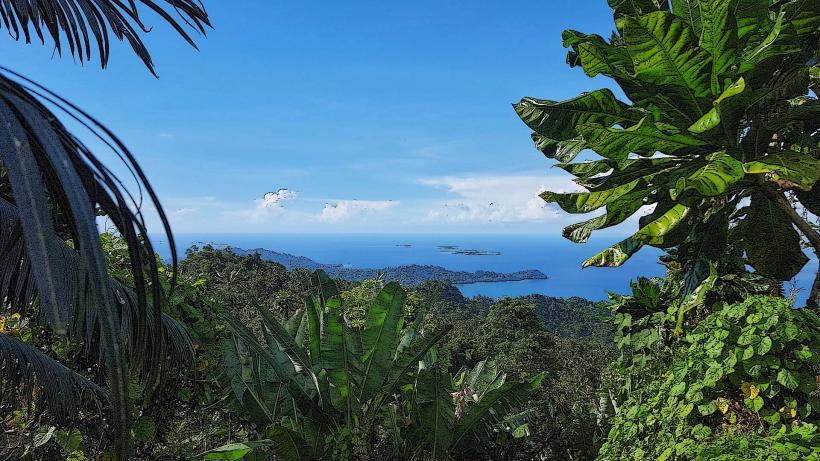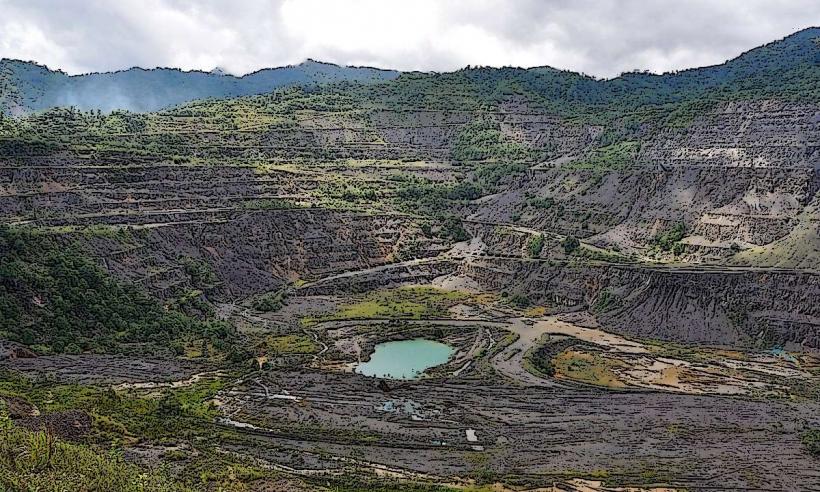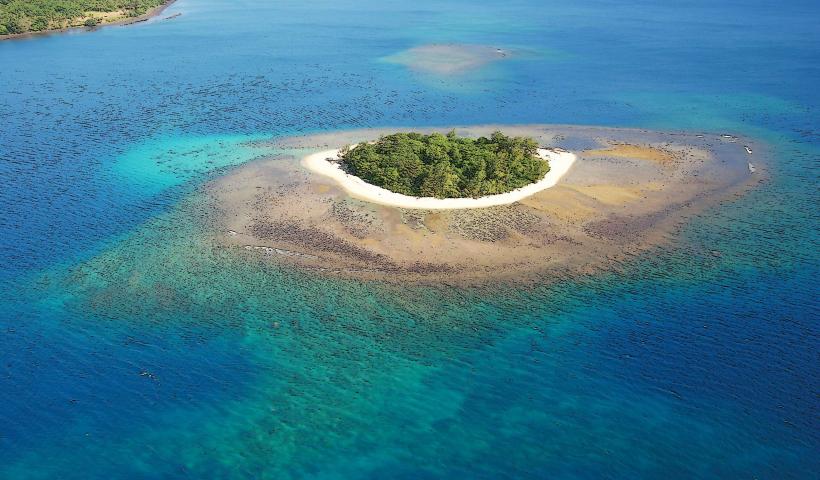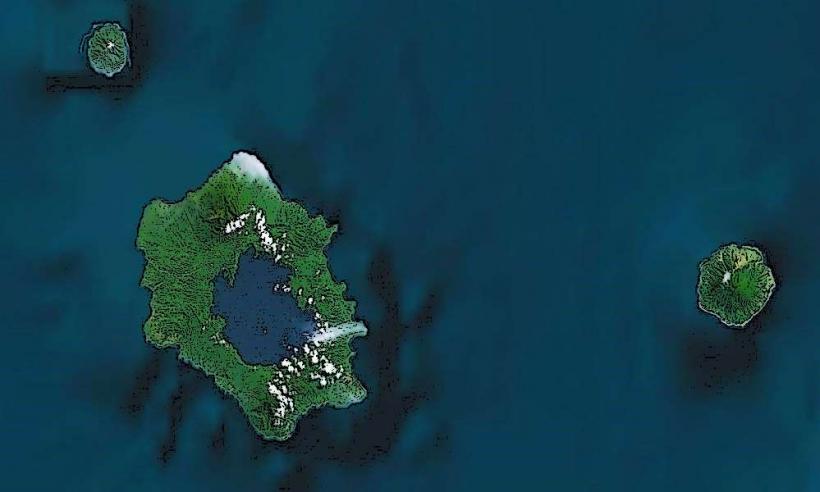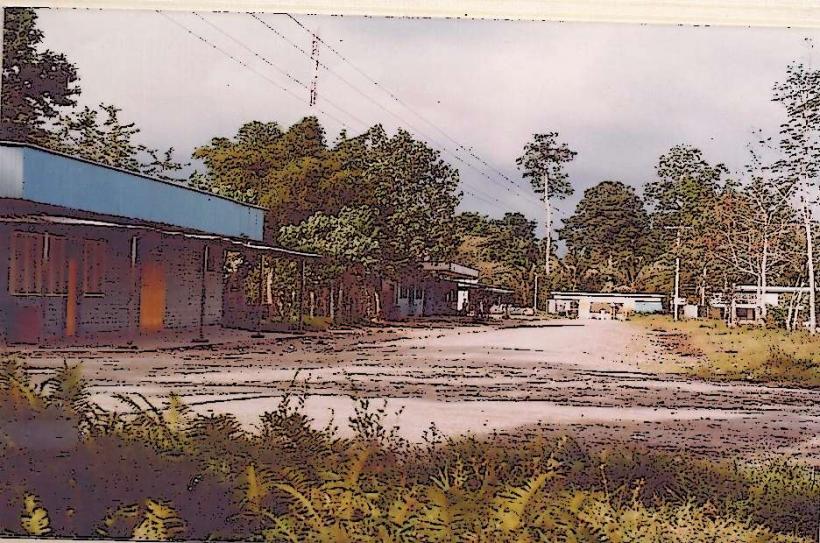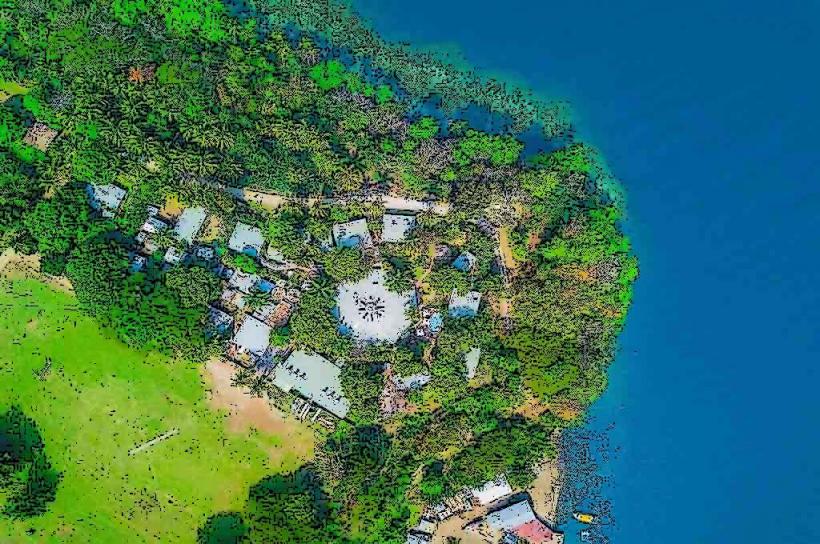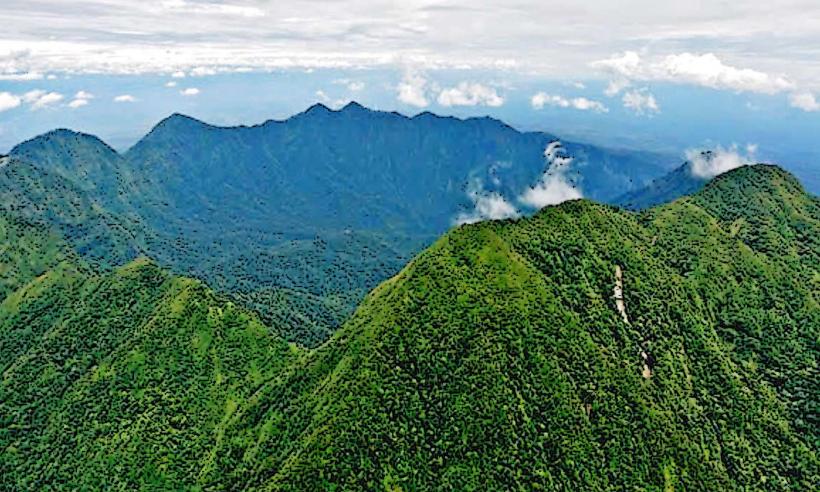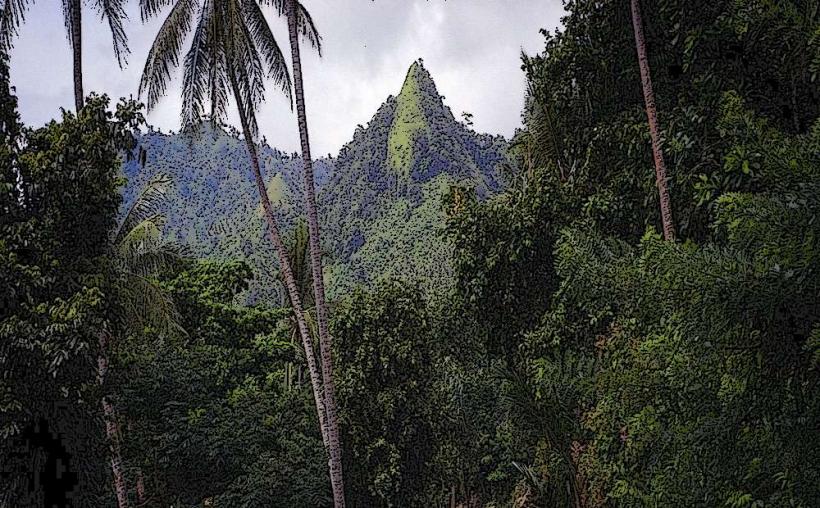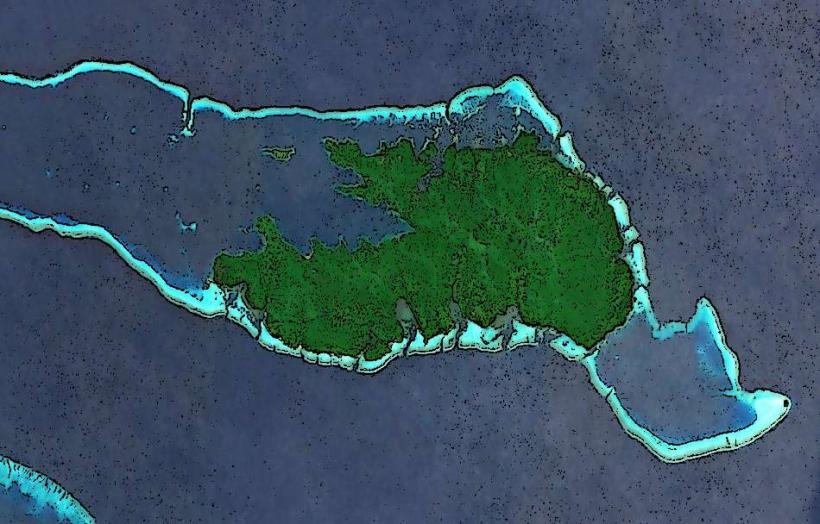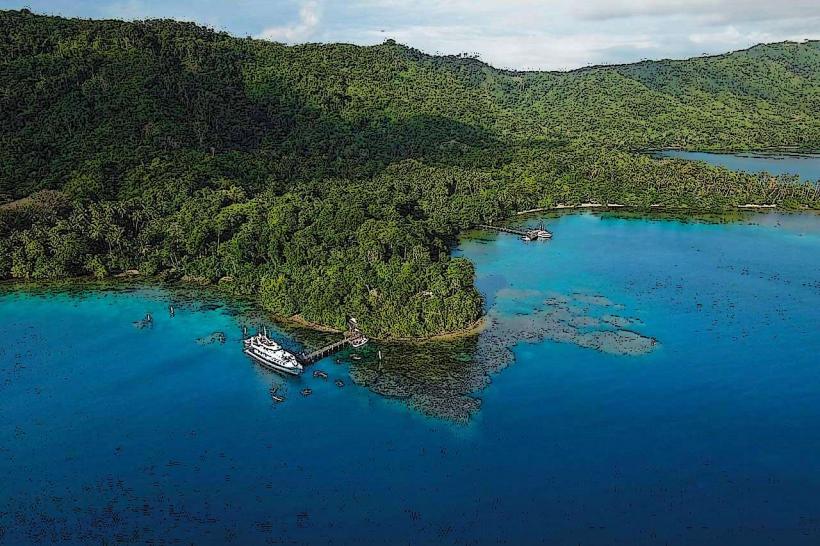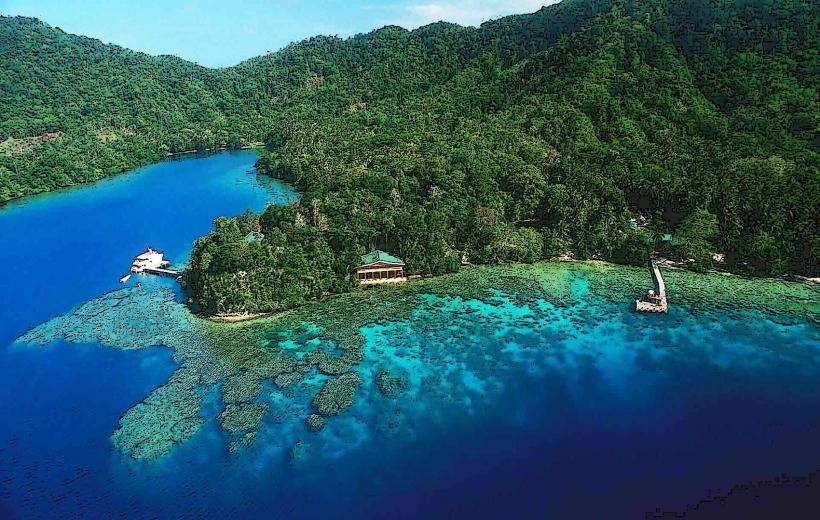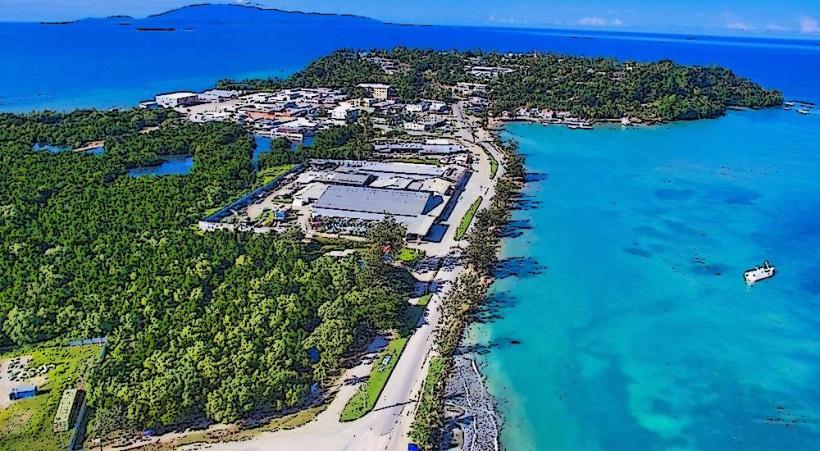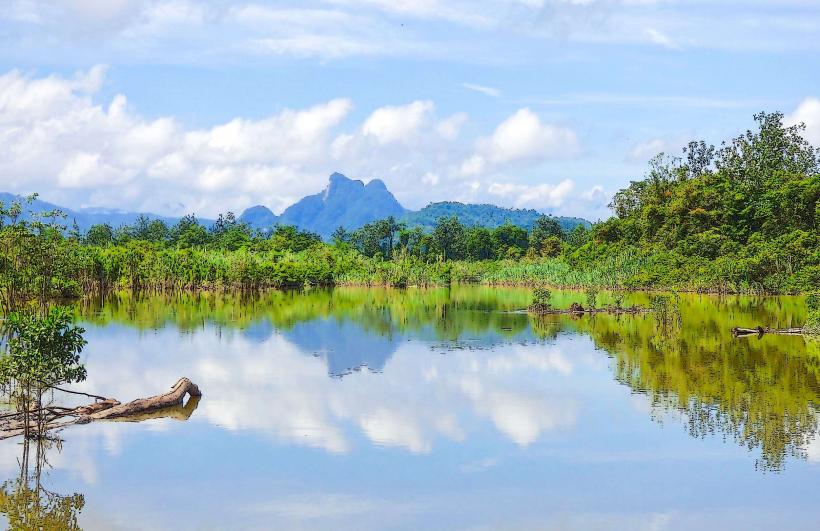Information
Landmark: Lake LagaipCity: Provice Area
Country: Papua New Guinea
Continent: Australia
Lake Lagaip, Provice Area, Papua New Guinea, Australia
Lake Lagaip is a significant lake located in the Southern Highlands Province of Papua New Guinea, in the highland region of the country. Here’s a detailed look at Lake Lagaip:
Geography and Location
- Location: Lake Lagaip is situated in the Lagaip River Basin, which is part of the Southern Highlands Province in Papua New Guinea. It lies to the east of the Tari Basin, which is home to the Tari town and the Huli people.
- Coordinates: The approximate location of Lake Lagaip is 5.8340° S, 143.8282° E.
- Elevation: Lake Lagaip is located in a highland area, with an elevation of about 1,500 meters (4,921 feet) above sea level, which contributes to the cooler climate of the region.
Physical Features
- Size and Shape: Lake Lagaip is a small to medium-sized lake situated in a volcanic basin surrounded by lush forests and hilly terrain. The lake itself is not particularly large compared to other prominent lakes in Papua New Guinea, but it is an important part of the landscape of the Southern Highlands.
- Surrounding Landscape: The lake is surrounded by steep mountains, rolling hills, and dense tropical forests, which provide an incredibly scenic backdrop. The area is rich in natural beauty, with lush vegetation, waterfalls, and diverse wildlife in the surrounding ecosystems.
Ecology and Wildlife
- Biodiversity: Like many lakes in Papua New Guinea, Lake Lagaip is home to a variety of species of fish, birds, and aquatic plants. The surrounding forests are rich in biodiversity, with species of mammals, birds, and insects that are characteristic of the highland ecosystems.
- Aquatic Life: The lake itself is home to a number of freshwater fish species, though it is not known to be a major fishing spot.
- Birdlife: The surrounding areas are important for birdwatching, with a variety of species, including waterfowl, parrots, and other forest birds.
- Mammals: The region around Lake Lagaip is home to species such as tree kangaroos, marsupials, and various rodent species typical of the highlands.
Cultural Significance
- Local Communities: The area surrounding Lake Lagaip is inhabited by various ethnic groups of the Southern Highlands, including the Huli and Kewa peoples. For these communities, the lake and its surrounding lands are likely important for their subsistence activities, including agriculture, fishing, and cultural traditions.
- Huli People: The Huli people, one of the most well-known ethnic groups in Papua New Guinea, live in the nearby Tari Basin, and the area around Lake Lagaip is part of their traditional territory. The Huli are known for their elaborate wigmen tradition, where men wear elaborate wigs made from human hair and perform ceremonial dances.
- Spiritual and Ritual Importance: Like many natural features in Papua New Guinea, the lake and the surrounding area may hold spiritual significance for local communities. Water sources and lakes are often linked to traditional beliefs, with some areas considered sacred or associated with local legends.
Tourism and Recreation
- Tourism Potential: While Lake Lagaip is not as well-known as some of the other lakes in Papua New Guinea, its pristine environment and the surrounding natural beauty make it an interesting destination for eco-tourism and adventure tourism. Visitors interested in hiking, trekking, and exploring the highlands could find the lake and its surroundings to be a peaceful and scenic retreat.
- Access and Infrastructure: The lake is relatively remote, and access is often difficult due to the rugged terrain. Visitors would likely need to travel through Tari, which can be reached by road or air from Mount Hagen. The infrastructure in the area is underdeveloped, so tourism services may be limited, and travelers would typically need to arrange visits through local guides or trekking companies.
- Outdoor Activities: Outdoor activities around Lake Lagaip would likely include trekking, bird watching, and nature exploration. The area's natural beauty, along with its remote location, offers a unique experience for those looking for off-the-beaten-path destinations.
Conservation and Environmental Considerations
- Environmental Protection: Like many parts of Papua New Guinea, Lake Lagaip and its surrounding environment face challenges related to deforestation, land use changes, and the potential impacts of mining and agriculture. The region's unique ecosystems and biodiversity make it an area that would benefit from conservation efforts to protect its natural beauty and ecological integrity.
- Threats: The highland areas of Papua New Guinea are often subjected to environmental pressures due to the expansion of agriculture, logging, and mining activities. Ensuring the protection of natural areas like Lake Lagaip is crucial for maintaining the biodiversity and ecosystem services that they provide.
Conclusion
Lake Lagaip, while not one of the largest or most famous lakes in Papua New Guinea, is a beautiful and ecologically rich body of water set in the stunning landscape of the Southern Highlands. Surrounded by mountains and tropical forests, it is an important natural feature of the region. The lake holds significance for local communities, offers potential for eco-tourism, and is home to a diverse array of wildlife. With its remote and pristine environment, Lake Lagaip is a valuable natural asset and a symbol of the unique highland ecosystems of Papua New Guinea.

